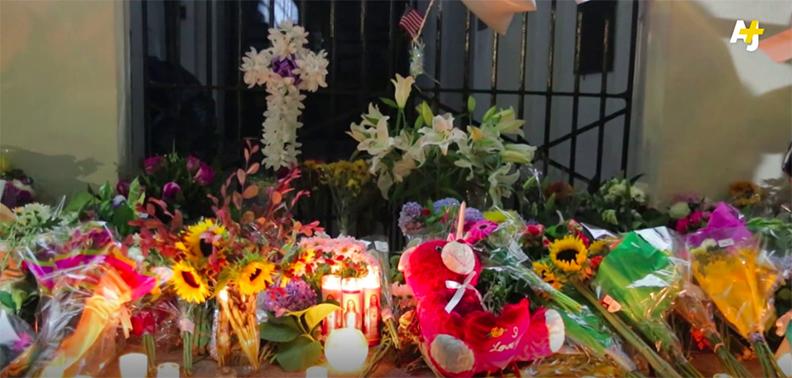Charleston Murderer Receives Death Sentence
March Issue
March 5, 2017
“I have no choice. I am not in the position to, alone, go into the ghetto and fight. I chose Charleston because it is [the] most historic city in my state, and at one time had the highest ratio of Blacks to Whites in the country. We have no skinheads, no real KKK, no one doing anything but talking on the internet. Well, someone has to have the bravery to take it to the real world, and I guess that has to be me.”
These are just a few of the hollowing words taken from the racist manifesto written by 22-year-old Dylann Roof, which surfaced on his website, The Last Rhodesian. Roof received the death penalty after jurors found him guilty for 33 counts, after his impudent gundown of nine black parishioners at the Emanuel African Methodist Episcopal Church in Charleston, South Carolina. Although this act of terrorism occurred in June 2015, the same question lingers: what compelled him to murder nine innocent people in cold blood? His apparent motivation was to start a race war.
Roof justified his actions with his belief in black corruption. That night, he attended Emanuel’s weekly Bible study session, occasionally participating in the discussion, but tending to keep to himself. According to The New York Times, he spent nearly an hour there, eyes lowered to the floor until brandishing his .45-caliber Glock semiautomatic pistol.
He claimed, “You blacks are raping our women and taking over our country,” before shooting and wounding nine of the attendees.
The New York Times reported that among the victims were Reverend Clementa C. Pinckney; Reverend DePayne, Cynthia Hurd, Susie Jackson, Ethel Lee Lance, Tywanza Sanders, Reverend Daniel Lee Simmons Sr., Reverend Sharonda Coleman-Singleton, and Myra Thompson. His jailhouse manifesto, composed just weeks after the shooting, emphasized his continued commitment to fighting for “the restoration of white power through violent subjugation,” stated The New York Times.
Showing no remorse for his actions, Roof wrote, “I would like to make it crystal clear I do not regret what I did. I have not shed a tear for the innocent people I killed… I do feel sorry for the innocent white people that are killed daily at the hands of the lower race. I have shed a tear of self-pity for myself. I feel pity that I had to give up my life because of a situation that should never have existed.”
Despite Roof’s blatant incapacitation to decipher between right and wrong, Barack Obama addressed the crowd of Reverend Pinckney’s televised funeral in an attempt to unify the country, citing this tragedy as a catalyst for improved race relations. His rousing plea demanded those watching to acknowledge and stand united against prejudice, preventing the revival of America’s dark past of racial injustice.
The sentencing has had many effects, politically and culturally. In South Carolina, Governor Nikki Haley responded with a bill to authorize the permanent removal of the Confederate flag. This decision, while met with mixed reactions, largely resulted in overwhelming forgiveness, especially from the families of the nine victims. In place of violent riots and angry slurs, humility and mercy took shape in the hopes of rewriting the nation’s story, neutralizing distorted perceptions, and mending the fractured relationships of all.
When asked about current race relations in the U.S., Student Daniel Lin ’19 echoed former President Obama: “I feel that we could do a better job of integrating and accepting people’s races. I feel that too many people try to ignore race, which only perpetuates stereotypes and disregards the cultures of minority races.”
While the rest of the country may find it challenging to embrace diversity in every situation, Wilmington Friends School students feel aware of the importance of the issue and its reparations.
Student Jeffrey McAbee ’18 affirmed, “I feel as if there is a slight stereotypical bias, but you cannot escape that anywhere these days. I cannot disagree with the fact that WFS provides a very safe environment for all races.”
The death sentence of Roof does not signal the end of America’s interracial conflicts by any means; rather, it presents a wake-up call for every American, including WFS teachers and students, to stand up for what is right—equality for all.































